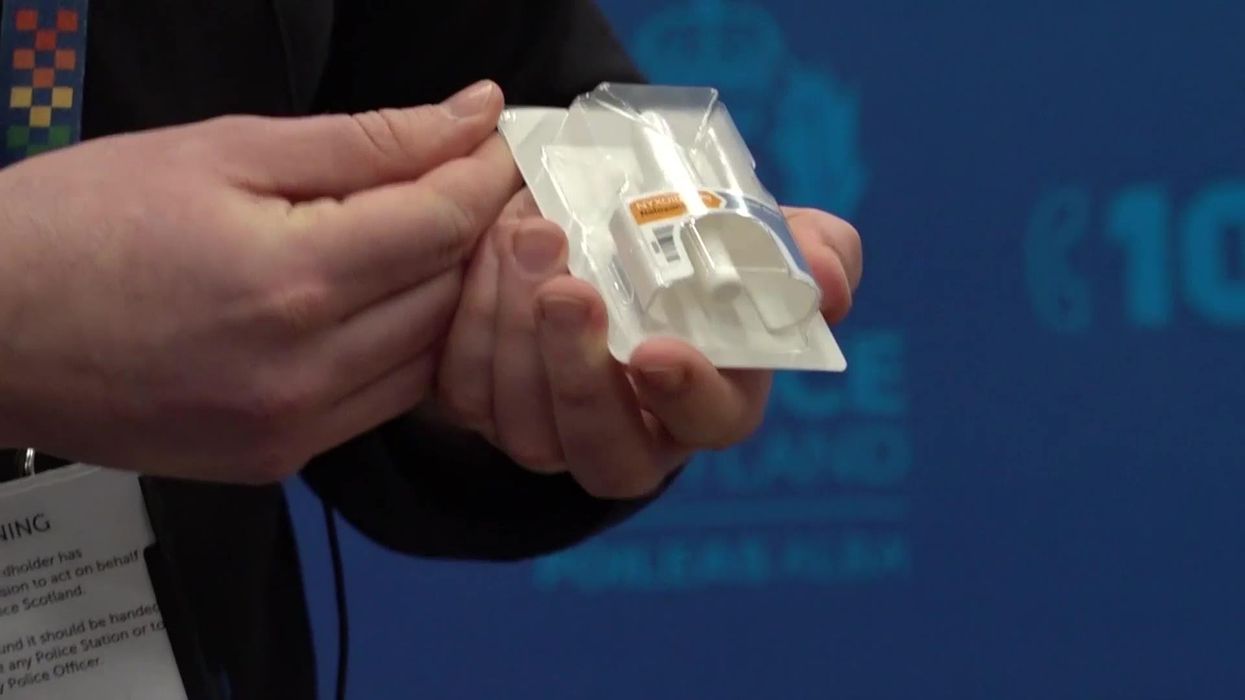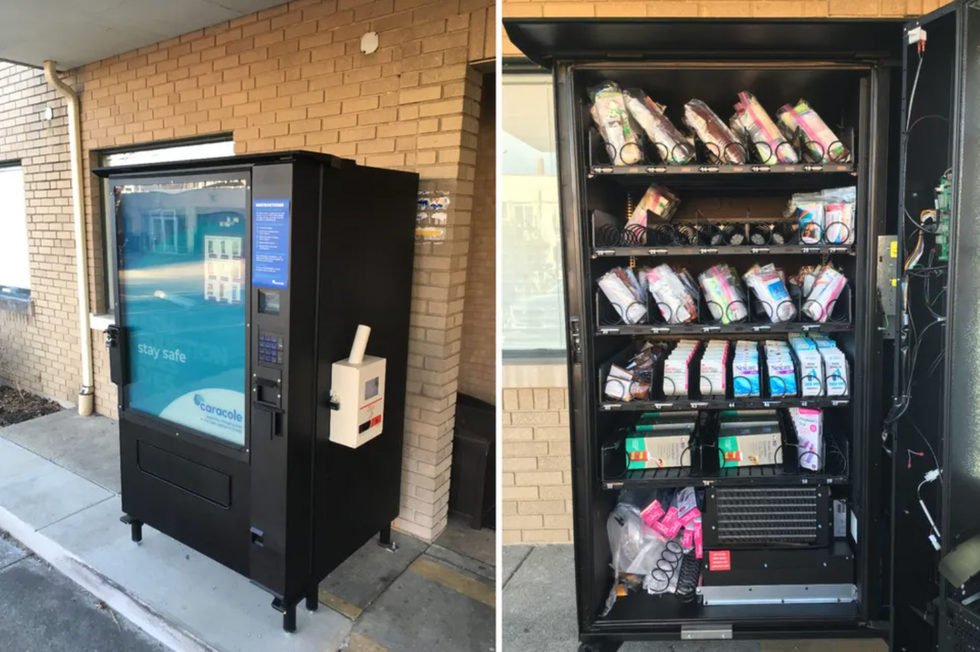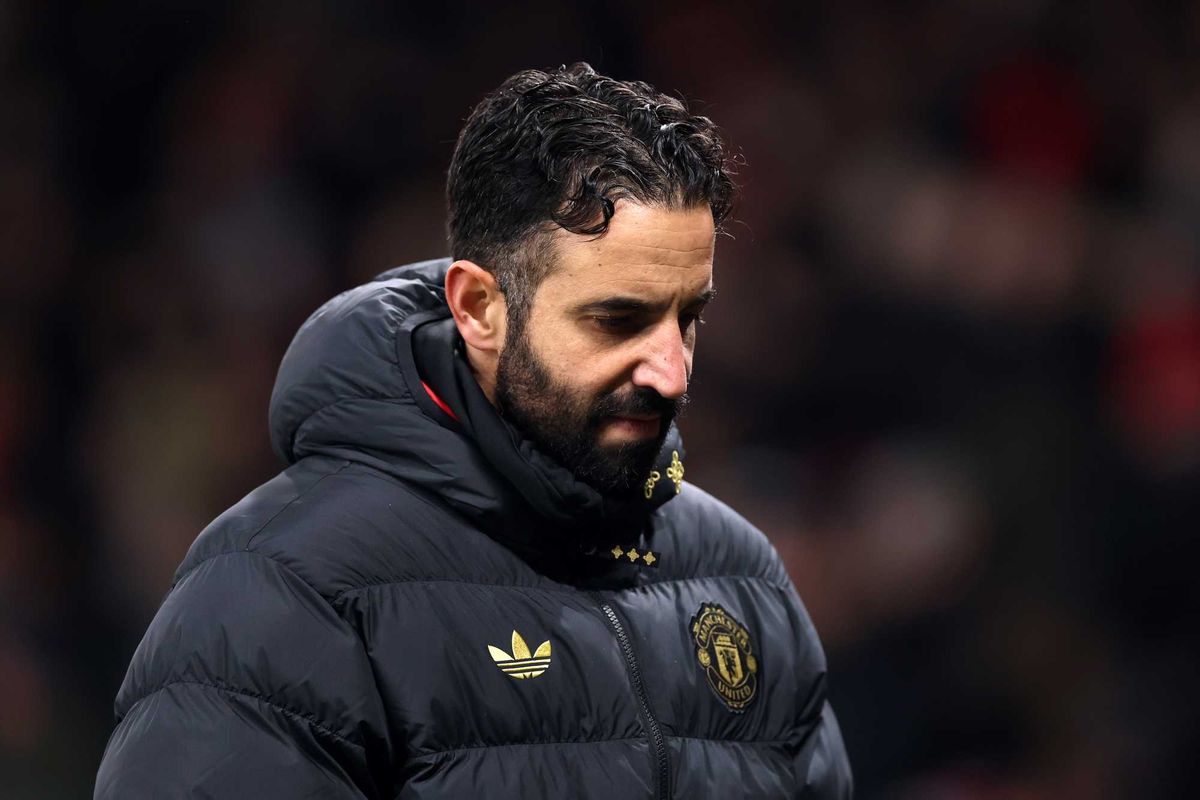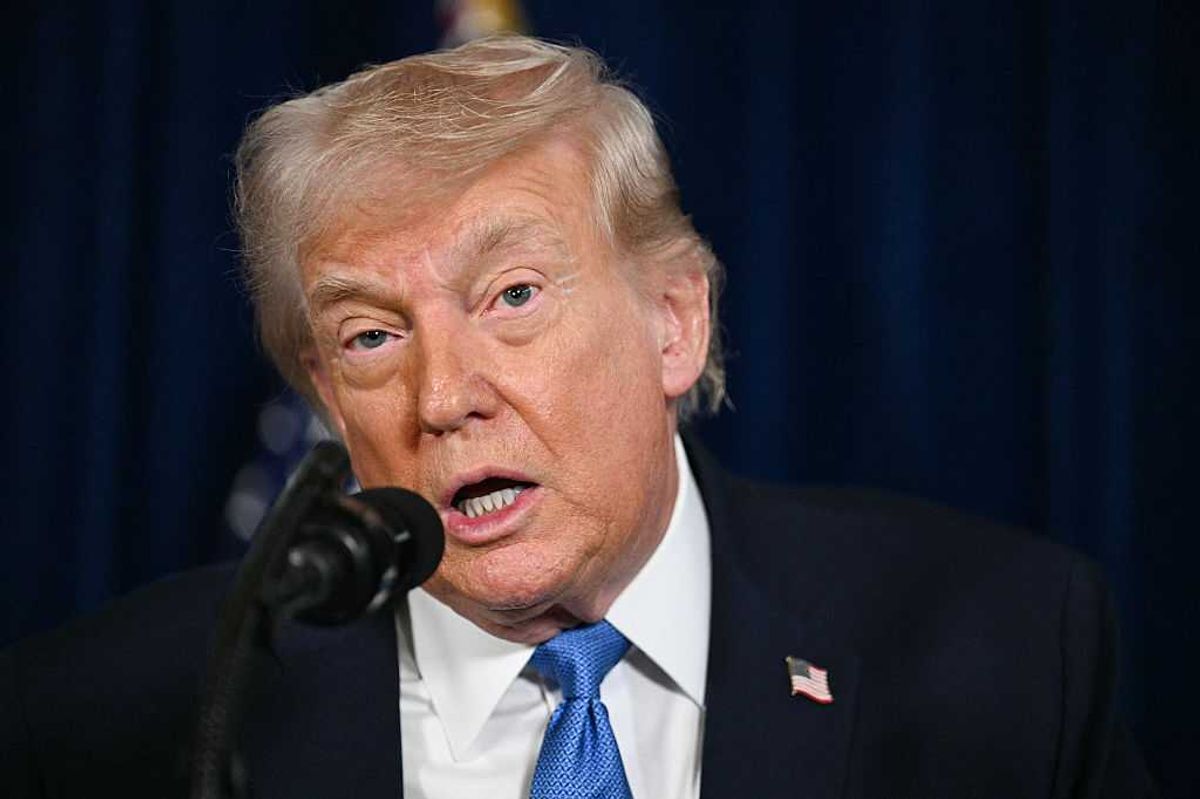A vending machine in Ohio has the potential to save lives as it has been filled with an overdose-reversing drug. While most commonly pictured with sweets or drinks, a new trial has seen a vending machine dispensing a drug called naloxone.
Naloxone can be administered by injection or a nasal spray and counteracts the effects of a potentially deadly opioid overdose.
Other products inside the vending machine include bandages, pregnancy tests, nuddle kits and containers for disposing of sharp objects.
Caracole is an HIV/AIDS service organisation involved in the trial. Its director of prevention, Suzanne Bachmeyer, said: “A cornerstone of harm reduction is to help people who use drugs stay as healthy as possible.
“Vending machines provide 24/7 ready access to life-saving and disease prevention supplies so people feel empowered to take control of their health. People can't get healthy or seek treatment if they aren't alive.”
Sign up to our new free Indy100 weekly newsletter
In February 2021, the vending machine was placed outside a current in-person Syringe Service Program (SSP) location.
People using the programme can register for an access code in order to use the machine, which is valid for 90 days. After 90 days, they can apply for a new access code.
The research conducted by the University of Cincinnati found that 911 people used the vending machine since it was installed, with nearly 16 per cent of those not having used harm reduction services before.
In total, 3,360 doses of naloxone and 10,155 fentanyl test strips for analysing drugs were dispensed. Results suggest it revered 960 potentially fatal overdoses.
Over two-thirds of those who re-enrolled in the programme reported finding fentanyl in their drug supply. Many said this knowledge made them either throw away the drugs or reduce the dose they consumed.
University of Cincinnati clinical pharmacy specialist Daniel Arendt, said: “I think it was really striking to see just how much use it got almost immediately compared to other in-person syringe service programs.
“Recognising how many people were out there looking for something like this or needing something like this was really surprising.”
Have your say in our news democracy. Click the upvote icon at the top of the page to help raise this article through the indy100 rankings.















